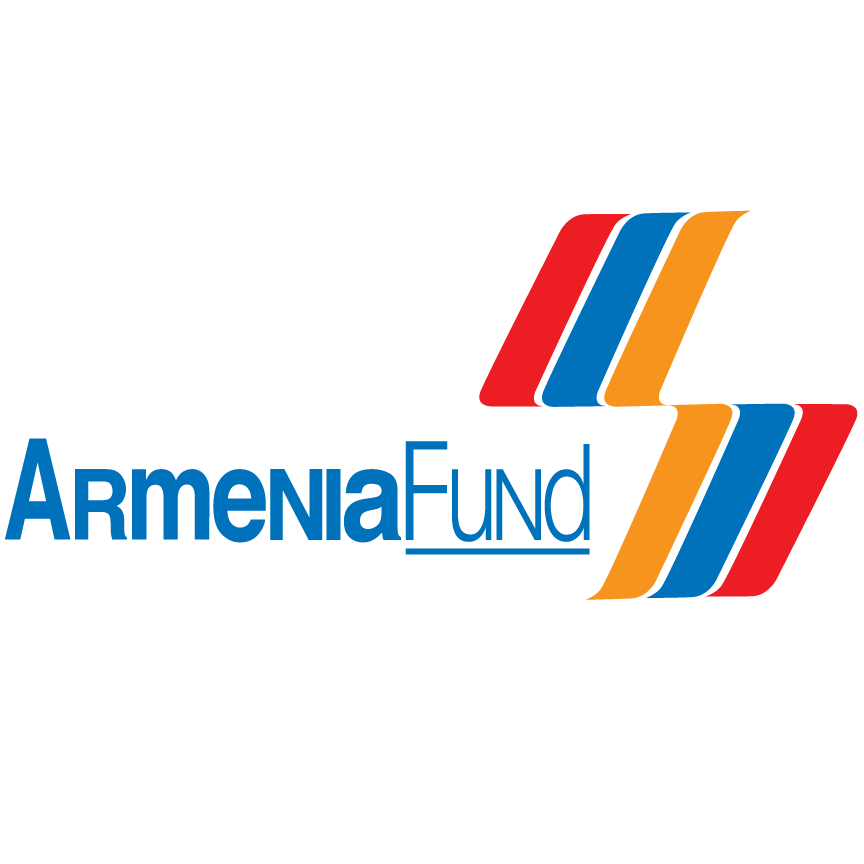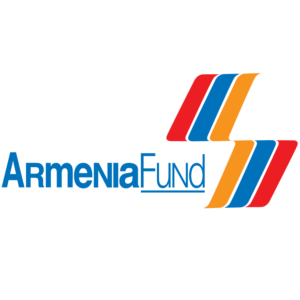by Sevak Hakobyan
“I never got used to transporting wounded or killed soldiers from the border,” confesses Grisha Khachikyan after having worked eight years as an ambulance driver for the Noyemberyan Hospital. “People kept telling me that in time I would become desensitized to all that. But in fact I found it more and more difficult to witness those heart-rending situations. Last year, for instance, the Azeris fired at Berdavan, killing a soldier and injuring another. I was the one who rushed the wounded young man to the hospital. That was the last straw for me, and I quit my job. Now I work as the hospital’s boiler-room technician.”
Although Grisha, 59, has also worked as a fire-truck driver (for 15 years prior to his job as an ambulance driver), he could never approach his duties as a first responder with a cold heart. Rather, he has always felt sadness and empathy for the victims. Today, Grisha’s son is following in his father’s footsteps, working as a firefighter. But Grisha says his son’s first duty is to serve his homeland.
“My son had a scar on his leg, because of which he might’ve been exempt from military service,” Grisha recalls. “But I met with the recruiting officer several times to convince him that my son should be enlisted — that he should serve his country before getting married and having children. And that was exactly how things turned out: my son completed his military service, and only then did he get married.”
Grisha is delighted to add that he now has a grandson, who has been named after him. Yet the grandfather says he’s unable to spend as much time with the child as he’d like, as he has been suffering from a post-surgical incision hernia for the past two years.
In 2016, during the second medical mission to the Noyemberyan Hospital, organized jointly by Armenia Fund and Adventist Health Glendale (AHG), doctors from AHG had examined Grisha and promised to operate on him the following year. They did just that when they came back to Noyemberyan in 2017, in a mission that comprised an even larger team of volunteer doctors and nurses, and, once again, the provision of critically needed medications.
“I waited a year for their arrival,” Grisha says. “As I’ve been working at the hospital for a long time, I had often heard about the high quality of the care provided by the Adventist Health doctors. Well, with my surgery this year, I saw that quality first-hand. I think it’s wonderful that these doctors come all the way from Los Angeles to our border region and provide our residents with free healthcare.”
Grisha has a whole album of photos with the Adventist Health doctors. The physicians are particularly fond of a small pickup truck which Grisha has painstakingly assembled from scrap. Every year, groups of doctors from Adventist Health are only too happy to take pictures with Grisha and his creation, which is usually parked in front of the hospital.
Grisha says if everything goes well, perhaps he will put together a car for his grandchildren as well. He adds that soon he will have a second grandchild, as his daughter, who was married recently, is pregnant. Grisha is hopeful that he will quickly recover from his surgery and be able to spend much quality time with his grandchildren.
No amount is too large or too small. ArmeniaFund successfully its ability to complete these life-saving humanitarian projects year after year. Join the people of the world who support this movement.
We thank you for your support in helping Armenia Fund and its partners provide medical assistance through hospital construction, provision of medical equipment, and telemedicine.
Photo Credit: Areg Balayan

